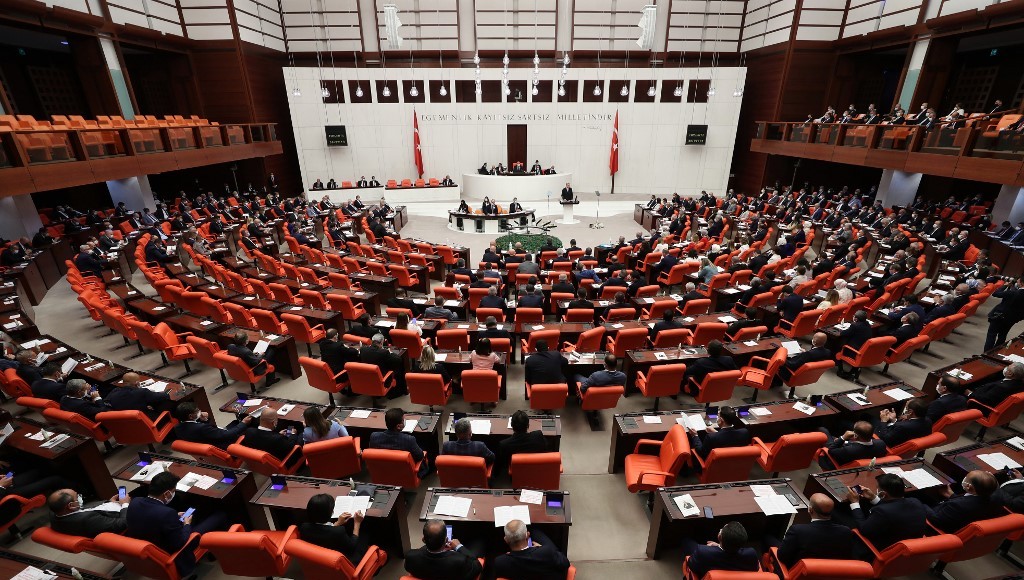An amendment to a previously rejected bill proposed by Turkey’s ruling Justice and Development Party (AKP) has added teachers to a group of public servant applicants who will be required to undergo security and background checks, raising fears of political discrimination against dissidents in employment practices, the Stockholm Center for Freedom reported.
According to Turkish media, the bill was re-submitted for a parliamentary vote although parliamentary bylaws stipulate that if the articles of a proposed bill are rejected, the entire bill is voted down and cannot be submitted again for a year.
The unlawful resubmission of the bill caused outrage among opposition deputies, who argued that parliament was working at the behest of the AKP and its close ally, the far-right Nationalist Movement Party’s (MHP).
In the second round of voting, the first seven articles of the bill were accepted with the majority vote of the AKP and the MHP.
The articles concern how the security checks will be carried out, what kind of documents pertaining to the individual’s history will be accessed by authorities and how personal data will be stored.
According to the bill each ministry or public institution will have its own evaluation committee. However, the amended bill increased the number of people in the security evaluation committee from three to five.
The requirement of security investigations and background checks for public servants was one of the many controversial laws and decrees that the AKP introduced in the aftermath of a coup attempt on July 15, 2016.
The controversial article was included in a decree-law that went into effect during a state of emergency declared by the government following the coup attempt and remained in force for two years.
The article, which was previously criticized for including the security check requirement that necessitated access to the applicant’s personal information and therefore violated privacy laws, was canceled by Turkey’s Constitutional Court in late 2019.

